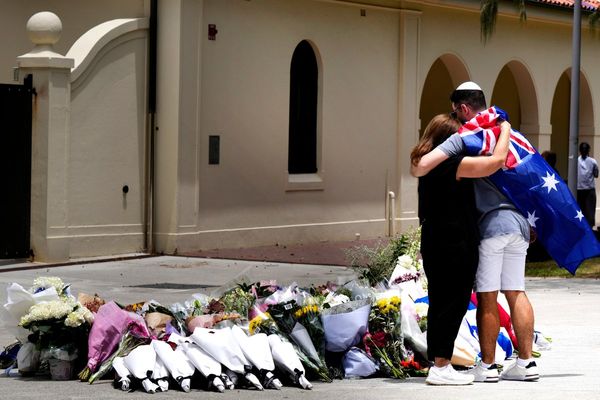
The Metropolitan police are failing in their efforts to protect children from criminal and sexual exploitation while bungling efforts to find missing young people, a damning official report has found.
The findings have led Scotland Yard to accept its child protection services are in chaos, and a senior officer admitted that “too often we are letting them down”. The policing inspectorate, which authored the report, said it was also concerned with “the frequency with which officers and staff use victim-blaming language”.
Officials have ordered the Met to make emergency improvements. It comes after warnings first made seven years ago by the same body that Britain’s biggest force was failing children.
The special inquiry was carried out by His Majesty’s Inspectorate of Constabulary and Fire and Rescue Services (HMICFRS) after being requested by the mayor of London, Sadiq Khan, who is also the capital’s police and crime commissioner.
The Met was told it must “improve how it identifies and assesses risks, and how it responds, when children are reported missing” and must “improve its investigations when children are at risk of, or harmed by, criminal or sexual exploitation”.
Drug gangs are known to look for vulnerable children to recruit and concerns are growing about the risk they face of sexual abuse.
The full report from HMICFRS will be released early next year but the inspectorate was so alarmed it has publicly made emergency demands that improvements be made by 31 December.
Lee Freeman, who led the inspection, told the Guardian that examining the Met’s files threw up examples of failings that had to be urgently flagged to officers to ensure children were safe. He said: “Children who go missing, or are at risk of exploitation, are some of the most vulnerable in society. It is therefore concerning that the Metropolitan police’s current approach to child protection requires immediate attention.
“The force must make sure that it is focused on the risks to children, and that officers and staff are also equipped to deal with those risks.”
The policing inspectorate said: “We also found that many staff and officers responsible for grading risk showed a limited understanding of the links between children who go missing regularly and their criminal and sexual exploitation.”
It is another part of the Met that its commissioner, Sir Mark Rowley, has to improve urgently, with his force still in special measures over a series of failings. In terms of child protection, its officers and staff are blighted by overwork, poor leadership and substandard or no proper training – with some breaking under the toll, some leaving and others growing bitter.
The inspectorate condemned the victim blaming it had uncovered. It said: “We are particularly concerned about the frequency with which officers and staff use victim-blaming language. This highlights that officers and staff may not fully understand the potential risks to children. And this lack of understanding can result in ineffective police investigations, with important lines of enquiry being overlooked and children left unprotected.”
The Met’s child protection services were heavily criticised by the inspectorate in 2016 in a report described as “the most severely critical that HMIC has published about any force, on any subject, ever”. The force vowed to improve but privately doubted the inspectorate’s findings.
Freeman said he believed Rowley was serious that the force would this time make the changes needed, both in how it organised and resourced its services to protect children and the culture. Scotland Yard promised more resources and to transform how it protected children.
Commander Kevin Southworth, the Met’s lead for public protection, said: “I am deeply concerned by the HMICFRS findings that show that too often we are letting them down. Our officers want to keep children and young people safe – but we recognise they have not had the right support to do this every time. Officers need the time and resource to listen to children and investigate the bigger picture around the circumstances they have come into contact with the police to then identify abuse and exploitation.”
Freeman said the Met had too often failed to treat children as such. It was a theme identified in March by the damning report into the Met by Louise Casey, which said: “The Met should … provide training for all officers who work with children to prevent ‘adultification’, where police officers and others regard children, especially Black and ethnic minority children, as threats rather than children who need protection from harm”.
Khan said: “The leadership of the Met assure me that they will be taking [the] immediate action necessary to ensure children are better protected … That ultimately means placing greater emphasis on treating young people not as threats but as children who need protection from harm, risk and exploitation and is a welcome step forward.”







